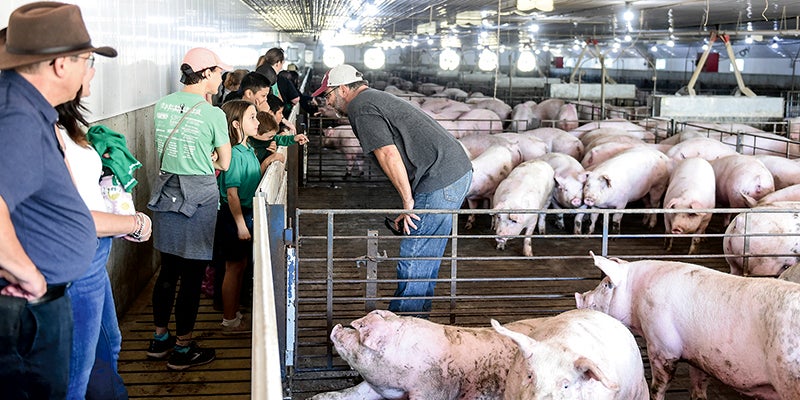Weed-killer flagged as a possible cancer cause
Published 9:16 am Tuesday, March 24, 2015
By Tom Webb
St. Paul Pioneer Press
ST. PAUL — The most widely used weed killer on Minnesota farms, glyphosate — best known as brand name Roundup — is under new scrutiny after European officials on Friday named it as a probable cancer-causing agent.
The chemical is used on 91 percent of Minnesota’s cornfields, and 94 percent of its soybean acres — part of a high-tech system of weed control that marries genetically engineered seeds with an herbicide that U.S. officials have long deemed as safe.
The European designation won’t directly affect U.S. farmers, as spring planting draws near. But it will lead to more U.S. scrutiny of glyphosate — and further controversy for a weed-control system that farmers have widely embraced, but biotech critics have long attacked.
“Roundup is a symbol of American agriculture, so it’s been an easy target within the U.S. and outside the U.S.,” said Seth Naeve, a University of Minnesota soybean specialist.
The International Agency for Research on Cancer, a France-based cancer research arm of the World Health Organization, on Friday announced that glyphosate was neither completely safe, nor a known carcinogen, but placed it into an in-between category as a probable cancer-causing agent.
Twenty chemical manufacturers sharply protested, including Syngenta, whose U.S. seed division is in Minnetonka.
Since glyphosate came off patent protection, many other companies have manufactured or marketed their own line of products with glyphosate as the active ingredient, or introduced lines of glyphosate-tolerant seeds.




